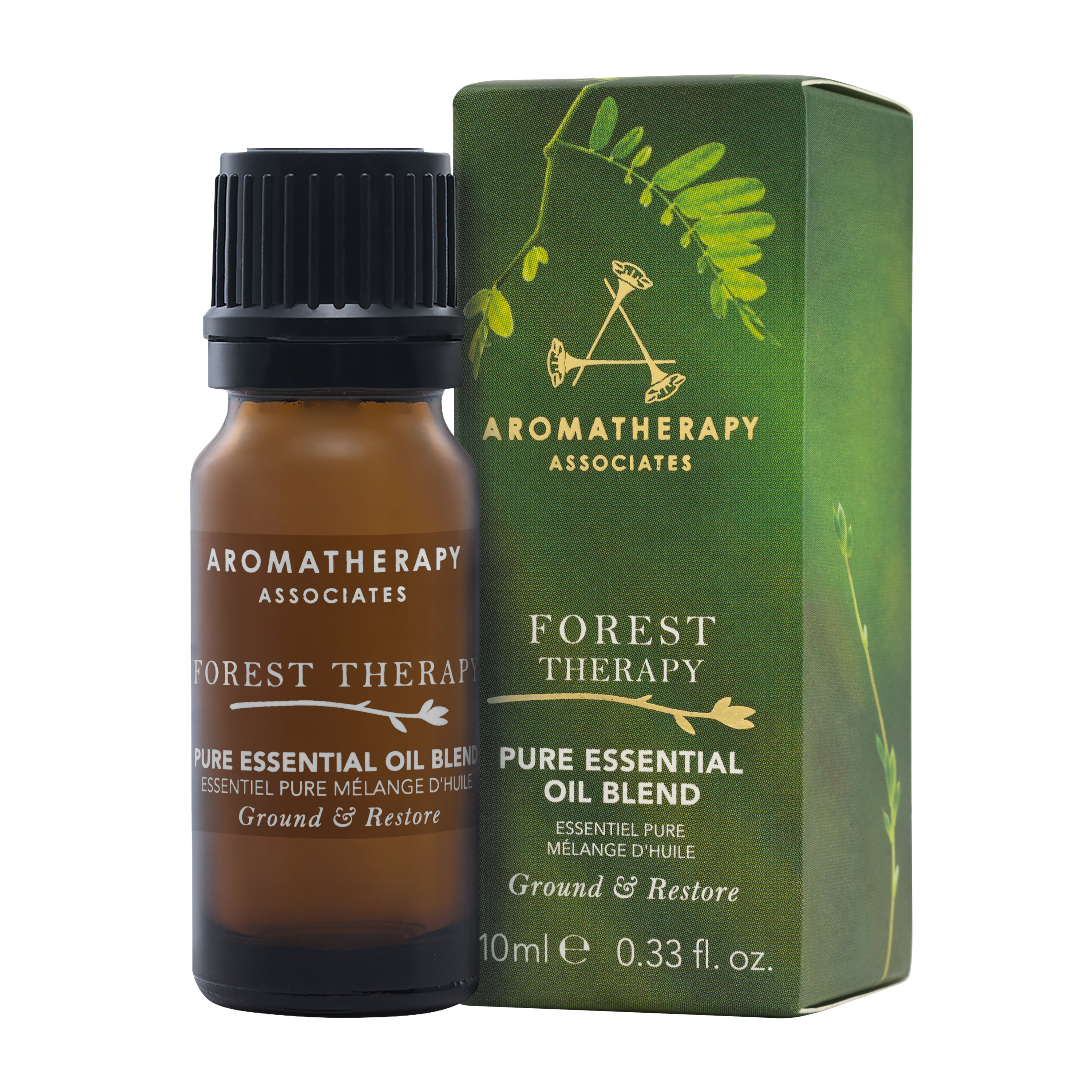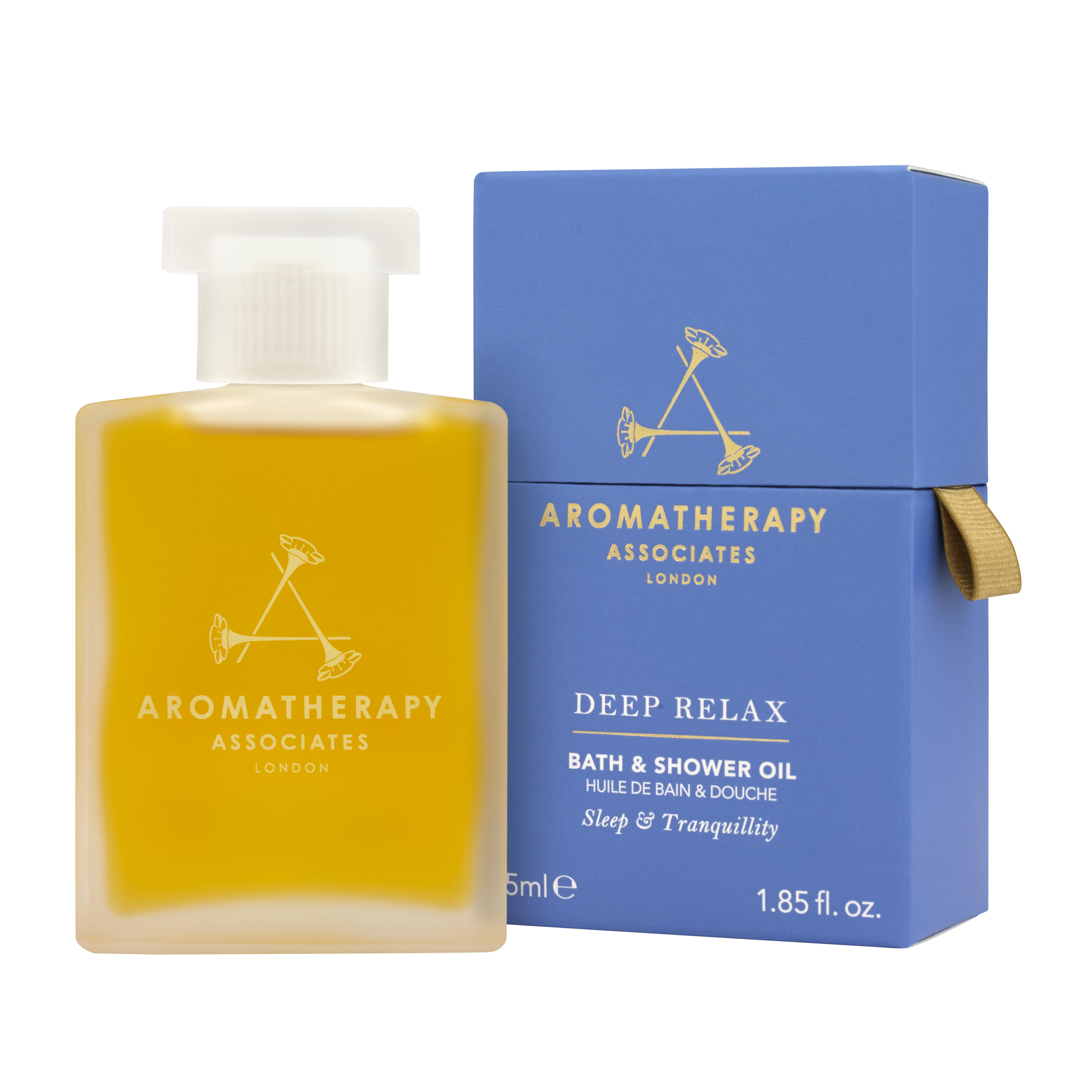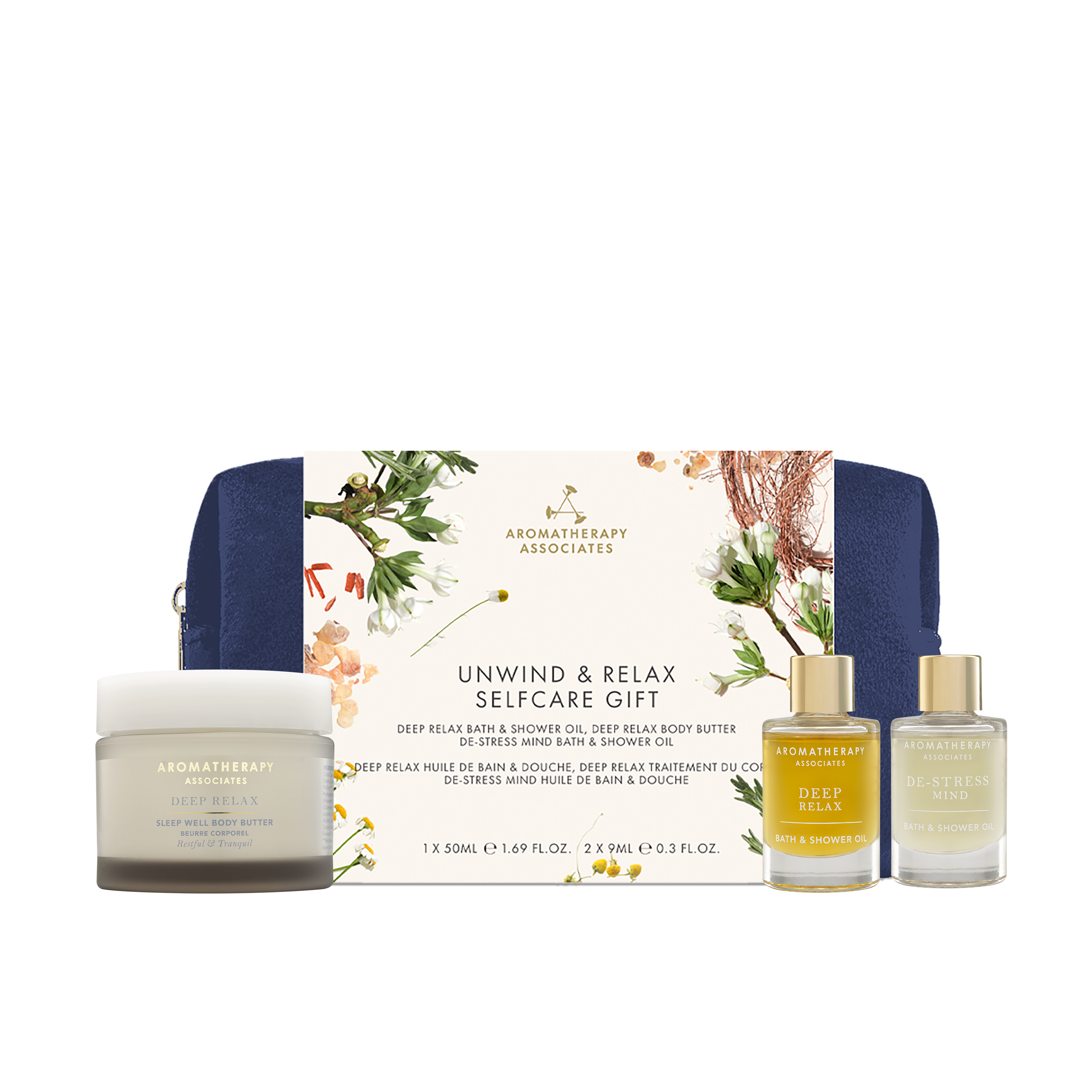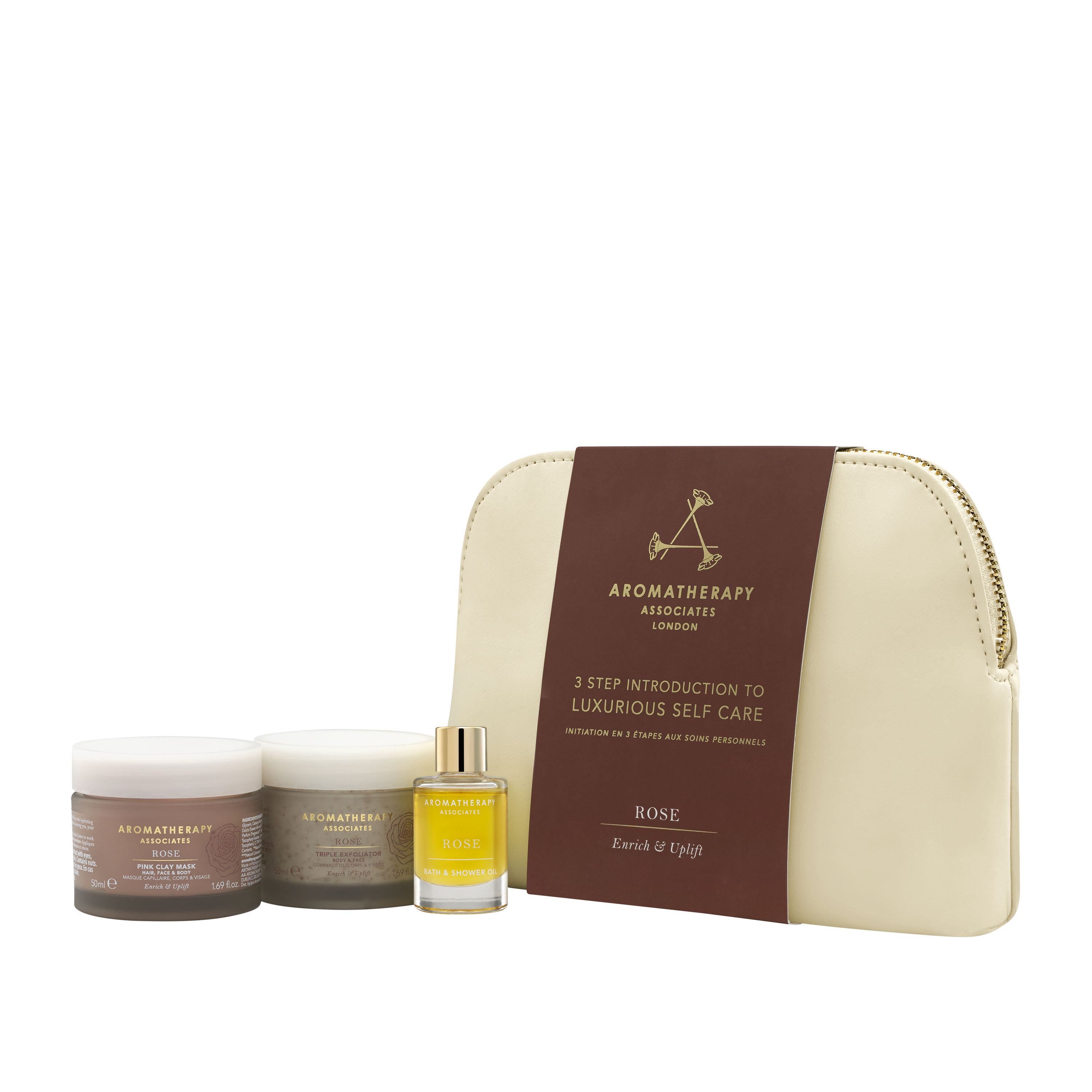The Power of Giving


 Have you ever gifted someone something thoughtful, or given an act of service, and felt an immense sense of gratitude in return?
Have you ever gifted someone something thoughtful, or given an act of service, and felt an immense sense of gratitude in return?
Leading life coach, and our Expert Wellbeing Associate, Jonathan Ward,
delves into the science of giving, how it elicits thankfulness and 6 ways
we can grow our own gratitude to bring us closer to ourselves and others.
Pavement etiquette is a fascinating subject. Every day that we walk out into the world we lead a silent dance with strangers. Have you ever paused to wonder how we don’t bump into each more than we do? We give way, give space, we silently acknowledge another’s presence and in so doing we give them importance, and we move out of their way, and they do the same for us. Unspoken, mostly unrecognised, we give and receive without much thought throughout the day in these momentary and fleeting meetings. This is how society has evolved to function. This flow of giving and receiving which seems unconscious allows people to co-exist. For the most part we adhere to these unwritten rules of engagement, formed long ago. We take unconscious action to avoid collision.
Never has this been more apparent than now. The experience over the last year has made something very clear ~ our daily interactions have changed. They have become more mindful. The close dance of intimate living with those we don’t know (in shops, restaurants, on the street ) has shifted into a different dance of distance. In this change in our exchanges with others, we now “give” in different ways: we give our greeting differently; we give our space differently; we might give our time; thanks and love differently.
Social cohesion relies on this giving and receiving. It is the glue that binds us together.
Giving is an act, an unconscious (on the pavement) or conscious choice of how and what we give to others or to ourselves.
Why Do We Give?

Often we give because it is expected. It is seen as the right thing to do. We give to celebrate: a festival; something important like a birthday or an anniversary; to thank somebody for something they have done for us. But perhaps the most meaningful gifts are the ones that arrive unexpectedly, when there is no occasion to celebrate, when someone has thought about and remembered us.
Random Acts of Kindness

University of British Columbia did some interesting research into Random Acts of Kindness (RAK’s). An RAK is simply doing something nice for someone else, without them asking and without you doing it for anything in return. These RAK’s increase positive moods and relationship satisfaction as well as reducing depression. Here are some suggestions:
Donate to foodbanks
Send someone you know a joke to cheer them up
Offer support to vulnerable neighbours
Contact someone you have not spoken to for a while
Offer to send someone a takeaway or a meal
The Benefits of Giving


Via @aoha_blueleaf
Science reveals that there are at least 5 good reasons to give; not only does it give joy to the recipient, but it also has benefits for the giver.
Giving creates ripples through our community...
Giving spurs a wave of generosity in those around us. Studies show that an act of generosity to one person inspires that person to be generous to others. It is also linked to the release of oxytocin, the “love” hormone that induces feelings of warmth and connection to others.
Giving elicits thankfulness...
The giving and receiving of gifts is both a way of expressing gratitude and instilling gratitude in another. Barbara Fredrickson writes in Positivity -
"When you express your gratitude in words or actions, you not only boost your own positivity but that of others as well. And in the process you reinforce their kindness and strengthen your bond to one another"
Giving benefits our physical wellbeing...
Stephen Post writes in Why Good Things Happen to GoodPeople, that giving to others has been shown to increase health benefits in people with chronic illness, perhaps because it might help to decrease stress: giving and thinking about others helps us to move away from ruminating on our own struggle.
Giving makes us feel happy...
Giving our time or our money to others lifts our own spirits. It activates regions in the brain associated with pleasure, social connection and trust. It creates a "warm glow "effect and releases endorphins in the brain. A 2008 study by Harvard Business School professor Michael Norton and colleagues found that giving money to someone else lifted participants' happiness more that spending it on themselves (despite participants' prediction that spending on themselves would make them happier).
Giving promotes cooperation and social connection...
One of the biggest impacts of giving is on society as a whole. Giving and receiving promote a sense of trust and cooperation that strengthen our bonds with others. As humans, we are hardwired for connection, and positive social interactions benefit our mental and physical health. Giving brings us closer to others and leads to the perception of others in a more positive and charitable light.
Does it matter what we give? Whether it is a gift of love or appreciation, our time through volunteering, our compassion through listening to another, our empathy in being there with another, donating to charity, giving away our money, it does not seem to matter what the act of giving is, the benefits can be the same.
The Benefits of Giving


Pausing to give thanks or counting our blessings has been shown in many studies to have far reaching outcomes on our wellbeing.
By practicing gratitude we can:
Feel happier: by focussing more on the positive we can unshackle ourselves from toxic emotions by ruminating less on the negative
Improve our relationships: Couples who feel more grateful want to hold on to their relationship > Which means they work harder to keep it > Which makes the other partner feel more appreciated > Which in turn makes them feel more grateful > And the cycle begins again
Benefit our health: hundreds of studies now show that practicing gratitude leads to fewer health problems - like lowering blood pressure & reducing depression
Do more good: gratitude is an activating and energising force that may lead us to pursue and achieve our goals through greater self control and become better, more socially engaged members of society. Gratitude inspires giving to others
Support ourself when we are feeling vulnerable: according to the research of Brené Brown, gratitude is one of the key skills to help us through particularly challenging times. When you are feeling uncertain or anxious, speaking out gratitude in that moment can help you to re-orient back to the present moment which helps to move us through the challenging emotion
6 Ways to Grow Your Gratitude

Imagine your life without something: we are often only grateful for things or people when they are no longer there. In this practice, imagine your life without something or, you might cut something from your life for a week (i.e. drinking tea) to really begin to be thankful for it. This is particularly pertinent in our current times where we all experiencing the absence of people or things
Make a list of 5 small things that you might overlook (paper clips, glass, scissors etc)
Find the gratitude for the interconnectivity of your world and the people in it that got you to where you are and who you are
Make a gratitude jar and every day add 5 things you are grateful for. Open the jar at the end of the week and savour what is good in your life
Make your gratitude beyond the thing itself: trace the gratitude back all the way to its origins and include how it makes you feel. The connection to emotion deepens our experience
Practice advanced gratitude: it is much easier to be grateful for the good in our lives. Advanced gratitude is about expressing thankfulness for what is difficult, for the challenges and the moments of darkness. It is about welcoming every experience as something which can create growth, courage and resilience
Mindful Reminders


Keep the focus on others and not on the potential benefits to yourself. Gratitude is an other-focussed emotion
Positive impact happens when practicing gratitude even if you are not sure that it is totally sincere
Give gifts freely without any expectation of getting something in return. Gratitude researcher Philip Watkins says "the joy of giving itself, rather than what a gift might get you from the person, needs to be the focus”
Savouring is mindfulness of positive experience. Follow this 4 step process: recognise pleasant experience; allow yourself to be drawn into it; linger with it; let it go.
So whether you buy gifts, volunteer your time, or donate money to charity, your giving is much more than just something to tick off your to-do list. We must keep giving and receiving to create and maintain social connection in these times of social separation. Give thanks, give compliments, give away something, give appreciation to your friends and family and remember to include yourself in the circle of giving ~ be as kind to yourself as you would to others!























